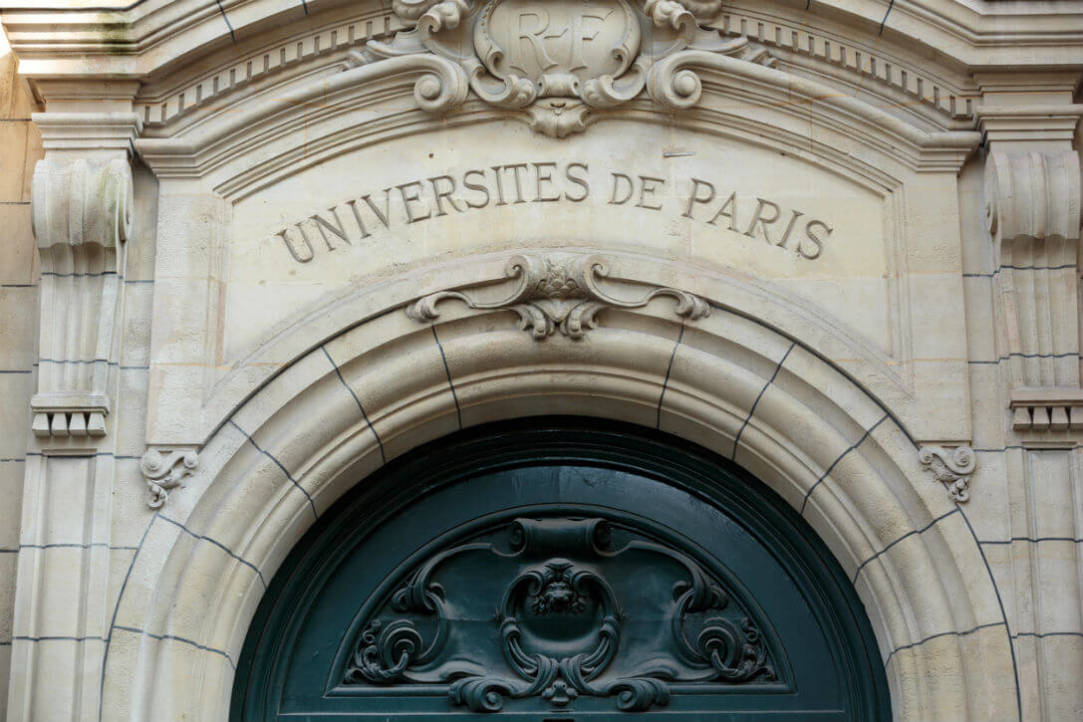LSE and HSE University – St Petersburg Support Russian Historians
London School of Economics and Political Science (LSE) and HSE University – St Petersburg launch the Paulsen Programme, funded by the Dr Frederik Paulsen Foundation, in order to support historians in Russia who have been working on the period from the mid 17th century to 1918.
HSE Opens New Laboratory of Stochastic Algorithms and High-Dimensional Inference
The HSE Faculty of Computer Science has launched the International Laboratory of Stochastic Algorithms and High-Dimensional Inference (HDI Lab). The Lab’s Academic Supervisor,Eric Moulines, and Chief Research Fellow, Vladimir Spokoiny, spoke to us about the fundamental and applied aspects of research performed by the laboratory, their relations with machine learning, and Russian-French academic ties.
Russian Deputy Prime Minister Alexey Gordeyev Meets with HSE Researchers
The Higher School of Economics will become one of the government’s leading centres of expertise in the field of agricultural and ecological development, agrarian biotechnologies, rural areas, and the agroecological system as a whole. Additionally, the university will advise the government on methods for boosting agricultural exports and carrying out state regulatory reforms in waste management. This agreement was reached during a meeting between Russia’s Deputy Prime Minister Alexey Gordeyev and the HSE researchers.

National Recipes: How Russian and French Students Cope with Stress
Due to differences in cultural traditions and social standards, people from various countries pursue different behaviour strategies in difficult situations. For example, some become introverted, while others seek other people’s help. Elena Chebotareva, a psychologist from HSE, compared the coping strategies used by French and Russian students, as well as their impact on psychological well-being.
Exploring the Link Between Culture, Memory and Olfaction
On October 2, the HSE International Scientific-Educational Laboratory for Socio-Cultural Research held a regular seminar from its Culture Matters series entitled ‘The scents of Christmas past – the relationship between memory and olfaction.’
Progressive Movement: Researchers Study Factors Behind Interregional Student Mobility
Benchmark data and the standard of living in the regions of Russia affect student mobility, according to a study by HSE Centre for Institutional Studies researchers Ilya Prakhov and Maria Bocharova. Strong graduates from more educated and wealthy families are more likely to enrol in a university far from home, but the economy usually affects such a decision. High wages draw students towards the regions, while a high cost of living pushes them away.
Scientists at the Higher School of Economics Propose a New Model for the Specialization of Cells
Mathematicians at the Higher School of Economics have developed a model that explains how cell specialization arises in the context of resource constraints. The results are published in PLOS One journal.
iCare6 Helps Mark 20th Anniversary of HSE Perm
On September 20-21, the Perm campus of the Higher School of Economics hosted the sixth International Conference on Applied Research in Economics (iCare6), an event that focuses on research with applications to and implications for real-life problems. The conference acronym reflects its motto: iCare = I care.

Ageing Europe: Which Parts of Europe Have the Youngest and Oldest Populations?
Demographers have created a detailed colour map of population ageing in European countries; a collection of demographic stories, it uses colour coding to indicate the varying stages of population ageing across Europe. By looking at the map, you can easily spot areas with a higher concentration of older people, countries with the youngest populations and the main destinations for workforce flows. The map's author Ilya Kashnitsky comments on some of the demographic stories it tells.
Russian Language: 'One Student's Mess is Another Student's Bliss'
'In fact, the Russian language is very logical and my task is to disclose this to my students', says Alevtina Iagodova who has been teaching Russian for over 20 years. At HSE University – St. Petersburg she gives Russian classes to exchange students, organizes a language club, and promotes the Russian culture awareness among foreigners. Recently, she has been invited by the University of Indonesia to lead a workshop in order to share her knowledge and experience of teaching Russian as a foreign language with the local colleagues.

